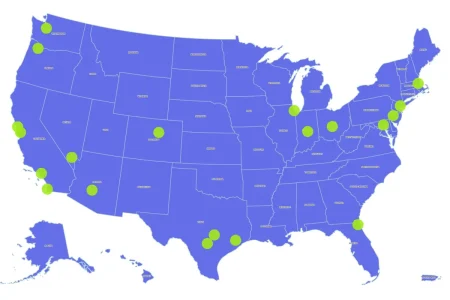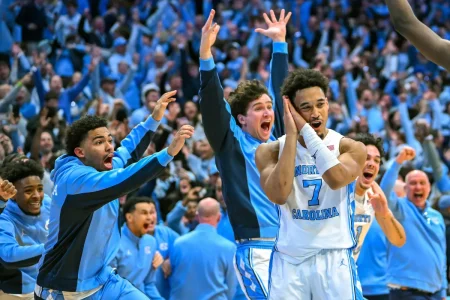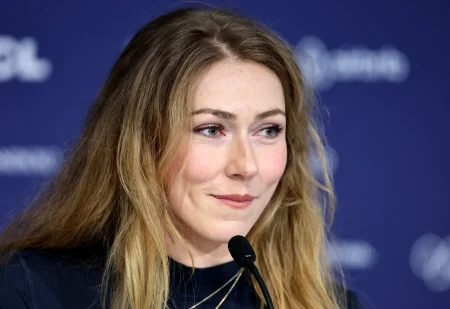The Rise of Soft Clubbing: How Gen Z is Redefining Social Gatherings
In a cozy Chicago coffee shop, DJ Harley Wav isn’t waiting for midnight to drop the beat. As afternoon sunlight streams through the windows, patrons sway to music, espresso cups in hand instead of cocktail glasses. This scene represents a growing phenomenon called “soft clubbing” – a movement away from alcohol-centered nightlife toward more mindful social experiences that’s resonating strongly with Generation Z across America.
This cultural shift is exemplified by innovative entrepreneurs like Hannah Eyre, co-founder of the Savannah Ice Tub Club. Eyre’s events feature a unique combination: an hour-long yoga session followed by invigorating ice bath plunges and relaxing sauna experiences. “We try to make it look like a party. We’re trying to shift from sort of nightlife into day life,” Eyre explains. Her vision emerged from a desire to create meaningful connections outside traditional drinking venues. These gatherings attract between 100-150 participants who brave the icy waters for the physical and mental benefits. According to Eyre, submerging in ice baths for just two and a half minutes can reduce inflammation and improve circulation. However, she emphasizes that the mental health benefits keep her coming back: “The ones that I have seen personally that keep me coming back have been all mental health benefits.”
What’s particularly striking about this trend is how it aligns with broader generational values. Recent data reveals that 61% of Gen Zers express a desire to reduce their alcohol consumption. This statistic suggests we’re witnessing more than just a temporary “sober curious” movement—it’s a fundamental reevaluation of how young adults want to spend their time and what they value in social experiences. Mental wellbeing, quality sleep, and physical fitness have become priorities for this generation. These values are directly reflected in their social choices, creating space for entrepreneurs and community builders to develop alternatives to traditional nightlife.
The popularity of these alcohol-free gatherings is surging across the country. Event ticketing platform Eventbrite reports a remarkable 92% increase in sober events. This dramatic rise suggests that the demand for alternative social spaces isn’t just a niche interest but a significant market shift. The beauty of this movement lies in its diversity—from morning raves and coffee clubbing to wellness-focused activities like Eyre’s ice bath sessions. These events are reimagining what it means to socialize and have fun, proving that meaningful connections don’t require alcohol or late nights.
What makes soft clubbing particularly appealing is its accessibility and inclusivity. Traditional nightlife often excludes those who don’t drink, whether for health reasons, personal preference, or recovery. These new social formats welcome everyone, regardless of their relationship with alcohol. They also tend to happen during daylight hours, making them more accessible to people with various work schedules, family responsibilities, or those who simply prefer not to be out late. The focus shifts from drinking to authentic experiences—engaging conversations, physical activities, music appreciation, and community building. Participants often report feeling more present and forming more genuine connections than they might in alcohol-centered environments.
As this movement continues to grow, it represents something deeper than just a trend—it’s a reflection of changing values and priorities. Young Americans are increasingly conscious of their mental and physical wellbeing, seeking balance in all aspects of life. The pandemic likely accelerated this shift, prompting many to reevaluate their relationship with alcohol and social activities. Soft clubbing offers a refreshing alternative that aligns with these evolving preferences. As Eyre enthusiastically notes, “It’s nice to get to see more and more opportunities for connection beyond drinking or being at the bar.” The rise of soft clubbing demonstrates that socializing is evolving—not diminishing—as younger generations create spaces that better reflect their values and definition of a good time. The future of social gatherings appears to be brighter, healthier, and perhaps surprisingly, earlier in the day.















